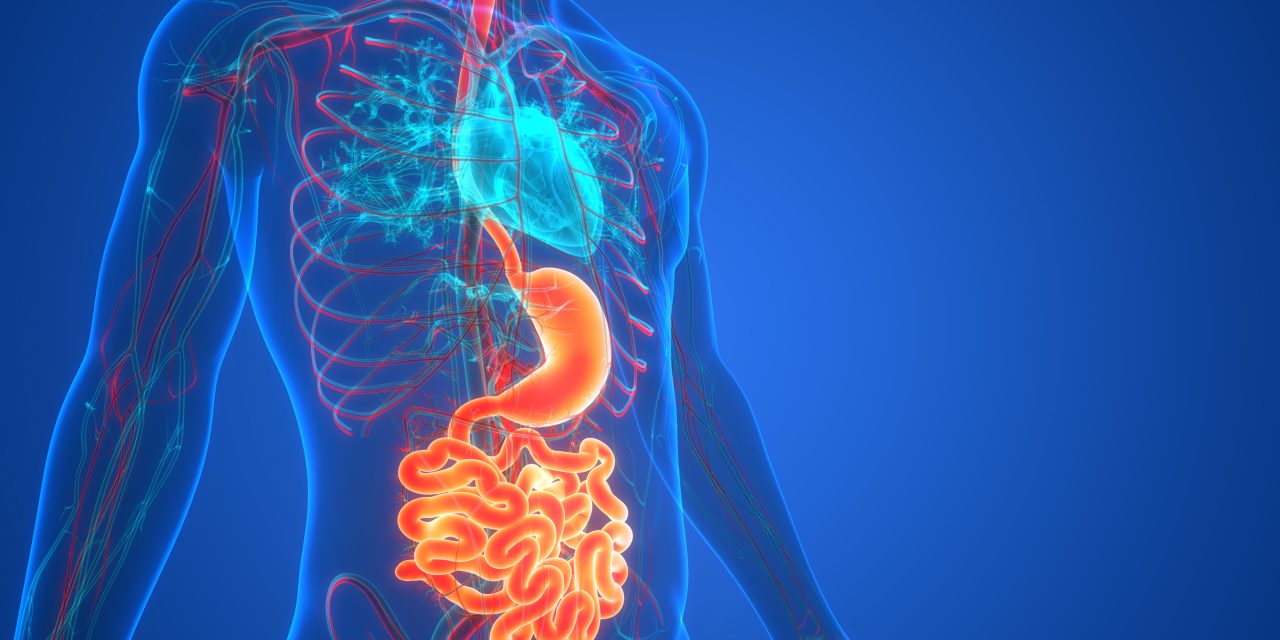Childhood obesity has a significant societal and economic impact, yet existing treatment techniques are inadequate. Important studies have been undertaken in the recent decade with the goal of identifying strategies to avoid obesity throughout critical life stages. Recommendations for preventing childhood obesity must be updated. Data from systematic reviews and meta-analysis, RCTs and large observational studies, published from 2011, take into account putative functions of the following components for the development of obesity: Breast-feeding; composition of macronutrients and complementary feeding methods; parenting styles; dietary patterns; consumed sugar-sweetened beverages, eating behaviour (e.g., skipping breakfast, family dinners. etc.); frequency and composition of meals (fast foods, snacking); portion size; gut microbiota dietary modulators (including pre, pro-, and synbiotic products); physical activity.
To find relevant literature, the researchers searched the Medline database and the Cochrane Library. There were also significant research gaps discovered. Based on the available evidence and expert opinion, this position paper makes suggestions on dietary components, food habits, and lifestyle to avoid the development of childhood obesity. To resolve various areas of uncertainty, clinical research and high-quality studies are critically needed.
Reference: https://journals.lww.com/jpgn/Fulltext/2021/05000/Role_of_Dietary_Factors,_Food_Habits,_and.30.aspx


